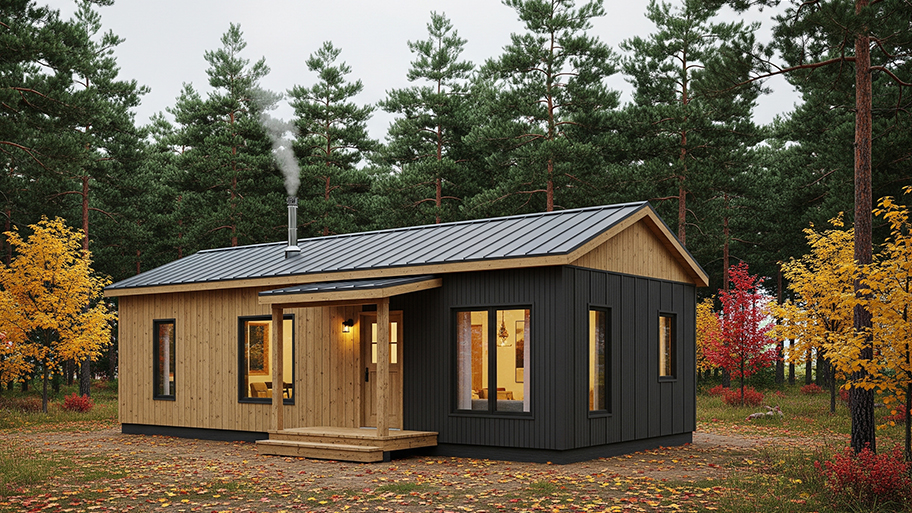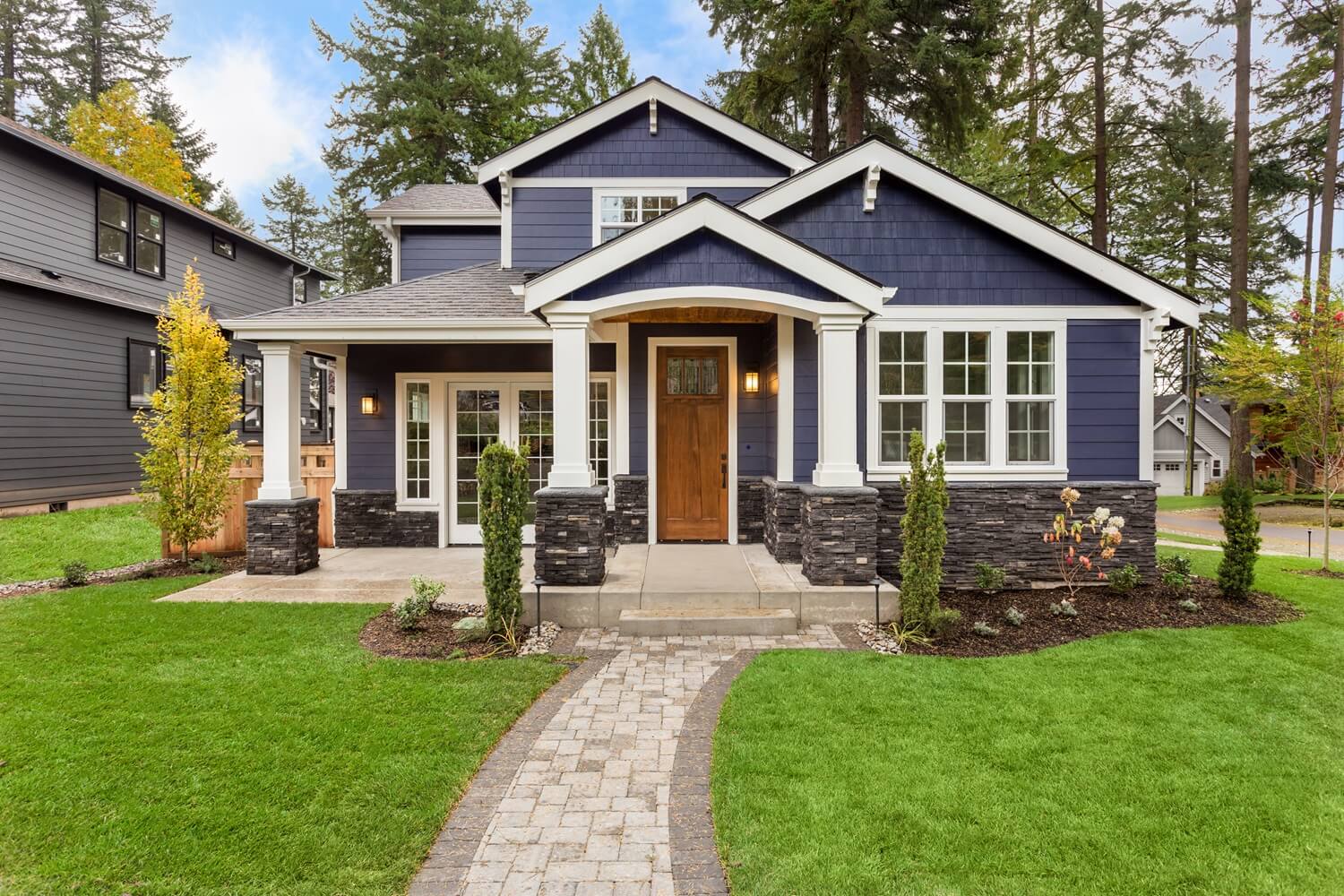
The cost to rebuild a house after a disaster or demolition depends on the house size, features, and more. Learn what affects the cost to rebuild a house.
While frustrating, delays don't have to throw a wrench in your new construction project


Construction delays may be a normal part of the home building process, but that doesn’t make them any less frustrating. Issues with permits, problems with the supply chain, and even workforce shortages can push your home’s completion further and further down the line.
When you consider that the cost to build a new home averages between $100 and $200 per square foot, that can be an expensive frustration to have. The good news is that often you can get to the bottom of what is holding up the construction of your dream home by talking to your contractor.
When you discover delays, the first thing you need to do is contact your contractor or builder to find out more information about the hold-ups. Ask to meet them at the build site so that you can speak face to face and they can show you any problems in person.
It’s understandable to be upset, but it’s important to stay calm and go into this meeting willing to compromise and hear them out. Bring any important documents and take notes to make sure you’re on the same page.
Once you’ve identified the issues, discuss a new estimated completion date. It’s good to have an idea of exactly how much you need to reset your expectations, especially if you’re on a tight schedule. If you have any legal obligations that rely on finishing your property, like the sale of your current home or mortgage deadlines, make these known.
Consider reaching out to the other parties counting on your existing home building schedule to find out if there is any wiggle room in their calendar. The people buying your current home may be a little more gracious about extending your contract by a week, for example, but your local mortgage lender might charge you to extend your rate lock. Figure out exactly what the construction delays will do to your existing timeline and see what you can do to soften the blow.
Delays aren’t unheard of, but significant changes to your building schedule are, especially ones that push back your completion date by months. Stay on top of any future issues by arranging a check-in plan with your builder. Even asking for a once-weekly progress report may be enough to give you the peace of mind that things are moving forward as they should be, without becoming overly burdensome for your builder.
Sure, maybe your delay was a one-time thing, but knowing what the plan will be if something else pops up will help both you and your contractor manage your expectations about the future of your build.
For example, if the delay results from a lack of response from your local municipality regarding permits, ask your contractor if they will follow up with the township in shorter intervals in the future to prevent so much time from passing.

Some problems may be unavoidable, but that doesn’t mean you need to shell out more money to fix them. Check the language in your building contract and find out exactly how they will handle any delays and who will cover any excess fees or charges incurred. Some contracts have specific language surrounding the completion date and clauses that discuss any deviation from that date.
Again, some delays are to be expected, but a good contract will have a plan of action for major delays and issues.
If you’re not getting anywhere with your contractor, or if you feel like the delays have become burdensome, call a local real estate lawyer for advice. Depending on whether your builder has violated the terms of your contract, you may be entitled to pull out of the deal with that contractor and receive your deposit back.
Hindsight is 20/20, but making sure you’ve partnered with the right contractor or builder in the first place will save you a lot of heartache (and probably a bit of money, as well) in the long run. Always be sure to hire a local contractor with good references and plenty of experience on projects like these.
From average costs to expert advice, get all the answers you need to get your job done.

The cost to rebuild a house after a disaster or demolition depends on the house size, features, and more. Learn what affects the cost to rebuild a house.

Modular homes are more affordable than stick-built homes, but by how much? Learn about modular home costs to see if they fall within your budget.
The average cost of a yurt is $35,000, but the price can vary depending on the size, building materials, and number of add-on features.

Building your dream home starts with hiring a builder. Here is how to find a builder who understands your needs and preferences for your brand-new home.

Brick houses were the standard of the 19th and 20th centuries, and they’re looking to make a comeback. Find out if a brick exterior is right for you.

Building a house is a complex process, and it’s important to get it right. Learn how to build a house to help make the process easier and more straightforward.